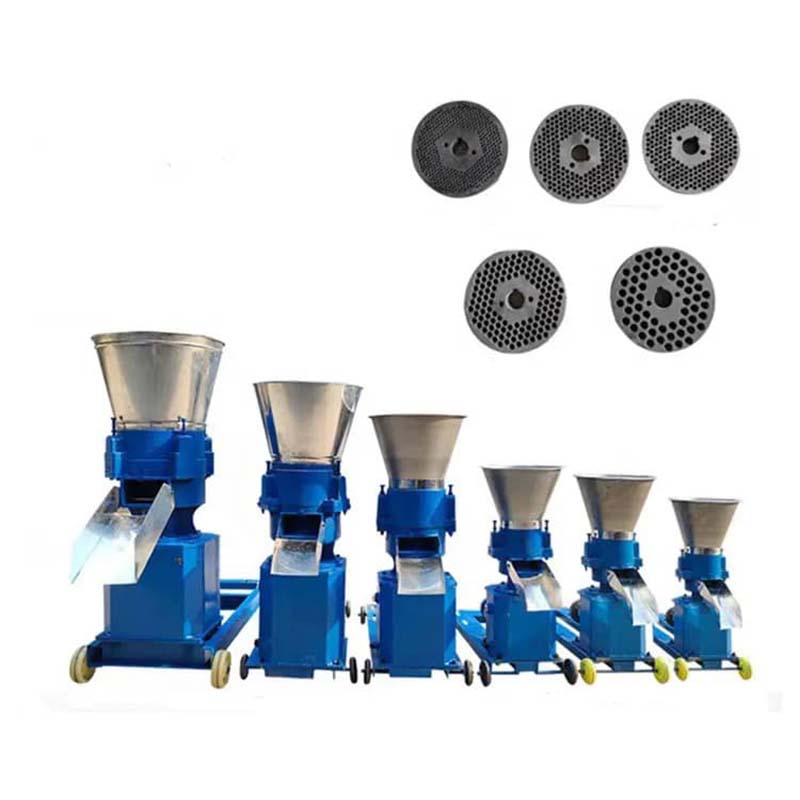manure belt cleaning system
Dec . 07, 2024 04:52 Back to list
manure belt cleaning system
The Importance of Manure Belt Cleaning Systems in Modern Agriculture
In today's agricultural landscape, effective waste management is crucial for maintaining a productive and sustainable farming operation. Among the various waste management solutions available, manure belt cleaning systems have emerged as an essential technology for livestock farms. These systems not only enhance cleanliness and reduce labor, but they also contribute to environmental sustainability and health safety for both animals and humans.
What is a Manure Belt Cleaning System?
A manure belt cleaning system is designed to remove waste from barn floors or slatted systems where animals are kept. This system typically involves a conveyor belt that collects manure, which is then transported to a central storage location for further processing or disposal. The technology can vary from simple manual systems to more advanced automated setups that require minimal human intervention.
Benefits of Manure Belt Cleaning Systems
1. Improved Hygiene and Animal Health One of the most significant advantages of manure belt cleaning systems is the improvement in hygiene. By automating the removal of manure, these systems reduce the risk of disease transmission among livestock. Clean living environments help prevent the spread of pathogens that can compromise animal health, thus leading to better overall productivity and welfare.
2. Labor Efficiency Manual cleaning of animal waste can be labor-intensive and time-consuming. By implementing a manure belt cleaning system, farmers can significantly reduce the amount of labor required for waste management. This allows farm workers to focus on other essential tasks, enhancing overall operational efficiency.
3. Reduced Odor and Environmental Impact A well-maintained manure cleaning system minimizes odors associated with animal waste. Additionally, by dealing with manure promptly, these systems can reduce methane emissions, a potent greenhouse gas produced during the decomposition of organic waste. This proactive approach contributes to a more environmentally friendly farming operation.
manure belt cleaning system

4. Customizable Solutions Manure belt cleaning systems come in various designs, allowing farmers to select models that best suit their specific needs. Whether dealing with cattle, poultry, or swine operations, farmers can choose systems that accommodate the size and type of their facilities.
5. Enhanced Nutrient Management Manure is a valuable resource that can be repurposed as fertilizer for crops. A manure belt cleaning system facilitates the collection of this nutrient-rich waste, enabling farmers to store and apply it effectively, thereby enhancing soil fertility while reducing reliance on chemical fertilizers.
6. Regulatory Compliance Many regions impose strict regulations concerning animal waste management. By investing in a manure belt cleaning system, farmers can ensure compliance with environmental standards, avoiding potential fines and legal challenges.
Challenges and Considerations
While manure belt cleaning systems offer numerous benefits, there are challenges to consider. Initial installation costs can be high, particularly for automated systems. Farmers must also ensure they choose a system compatible with their existing barn setup. Maintenance is crucial; regular checks and repairs are necessary to keep the system functioning efficiently.
Conclusion
The adoption of manure belt cleaning systems is a forward-thinking approach to waste management in agriculture. By enhancing cleanliness, improving animal health, increasing labor efficiency, and promoting environmental sustainability, these systems play a vital role in modern farming practices.
As the agricultural sector continues to evolve, embracing technology such as manure belt cleaning systems will be key to meeting the challenges of feeding a growing global population while maintaining ethical and sustainable production practices. Investing in such innovations not only benefits farmers but also contributes positively to the environment and society as a whole.
-
Automatic Feeding Line System-Pan Feeder Nipple Drinker|Anping County Yize Metal Products Co., Ltd.
NewsJul.29,2025
-
Hot Sale 24 & 18 Door Rabbit Cages - Premium Breeding Solutions
NewsJul.25,2025
-
Automatic Feeding Line System Pan Feeder Nipple Drinker - Anping County Yize Metal Products Co., Ltd.
NewsJul.21,2025
-
Automatic Feeding Line System Pan Feeder Nipple Drinker - Anping County Yize Metal Products Co., Ltd.
NewsJul.21,2025
-
Automatic Feeding Line System - Anping Yize | Precision & Nipple
NewsJul.21,2025
-
Automatic Feeding Line System - Anping Yize | Precision & Nipple
NewsJul.21,2025






